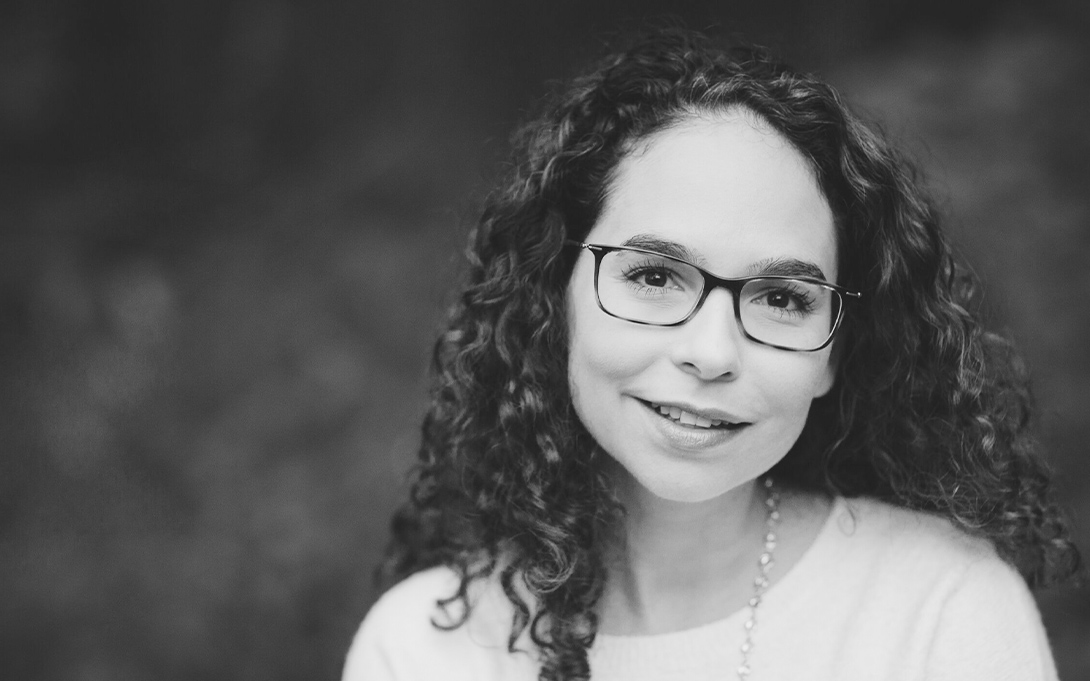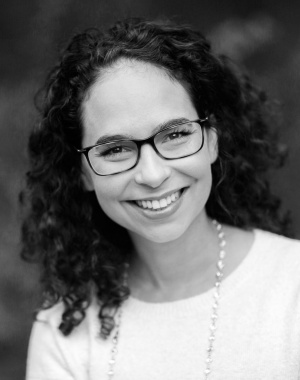
What does U.S. gymnast Simone Biles’s decision to withdraw from the Olympics, J.C. Penny hiring Ellen DeGeneres, and recent vaccine mandates by some organizations have in common? The general public largely either lauded or chastised these decisions, without considering that there was more than one way to understand each of these actions.
In a column for the MIT Sloan Management Review, Morela Hernandez wrote that a need for certainty causes us to choose sides, limits our progress, and contributes to increasing polarization.
“Being certain about the rightness or wrongness of others’ decisions leaves little room for us to grow or expand our understanding, not just of other people but of their situations and their circumstances,” Hernandez wrote.
Citing her research, she outlines three ways people can build the capacity to be open to points of view that don't readily make sense to them.
- Embrace the tension that comes from a full range of options, keep testing perspectives and assumptions
- Don’t run from stress, rather allow emotional reactions to stabilize to better process what’s being said
- Address the damage, by either seeking outside help to navigate different perspectives or asking questions of your own
“By seeking out different challenges, greater nuance and care in how we characterize points of view that are different from our own, we expand our capacity to withstand the cognitive discomfort that comes from ambivalence,” Hernandez says in conclusion. “We become stronger and more flexible as both individuals and organizations.”
Read “The Problem With Certainty” published in the MIT Sloan Management Review.
